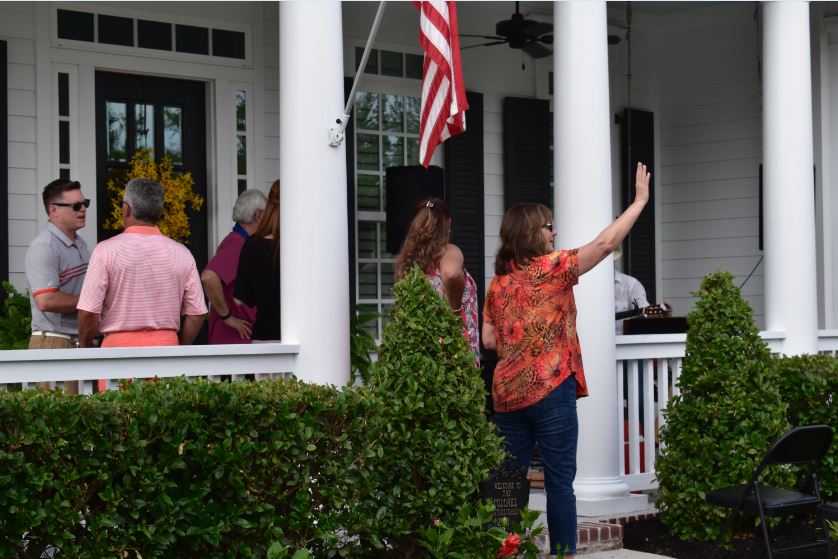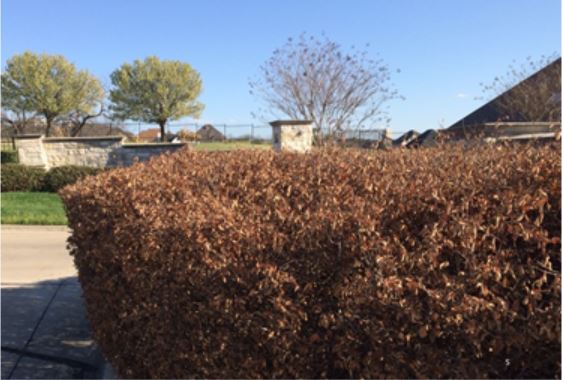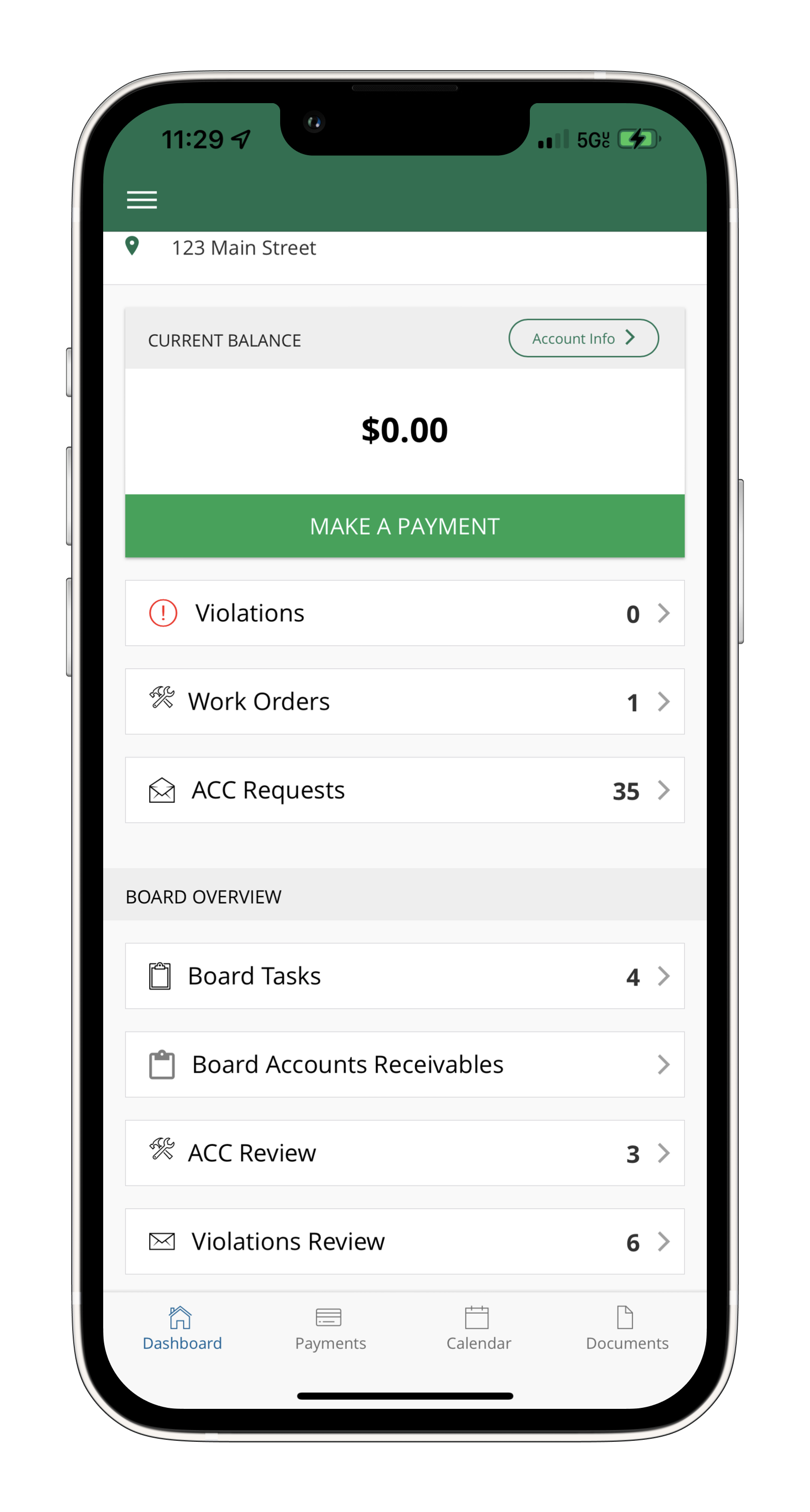
Five Tips for Organizing an HOA Event They’ll Want to Attend
October 4, 2018
10 Great Benefits of HOAs
October 22, 2018
Ensuring that board meetings run according to plan requires an understanding of what makes a board meeting productive and trouble-free.
HOA board meetings commonly run over schedule, get sidetracked, or fail to cover all of the ground established in the agenda. Ensuring that board meetings run according to plan requires an understanding of what makes a board meeting productive and trouble-free.
Here are some tips that can help make your meetings more productive:
- Plan Ahead to Forge Ahead
Preparation and planning are critical for successful meetings, especially with a full agenda, or a critical issue that needs to be deliberated. Preparation reduces problems and surprises.
For most associations, Texas law requires that a notice of a board meeting be sent at least 72 hours prior to the meeting. We suggest sending the notice by email, posting the same notice on the association website, and posting signs in public spaces so that members have ample opportunity to learn about the meeting and prepare their contributions to it.
Board members should receive and review the agenda and other pertinent materials at least five days before the meeting. The scenario is similar to preparing a football team to play. Would you provide the players an hour to study the game plan, or several days?
- Enforce the Agenda
The president is tasked with the responsibility of keeping the discussion focused squarely on association business. Think of the president as a mediator in many respects; he or she is the guiding force who prevents 30-minute monologues from derailing the agenda and detracting from the focus of each critical item. The president is the official who ensures that discussions don’t deteriorate and groups don’t get mired in gossip sessions. The goal of focused discussion is to build consensus among all board members on solutions that address issues in the community.
We recommend borrowing another concept from football – the game clock. Enforce time limits on the agenda items to keep speakers on point and on time. Start times for agenda items and speaking time limits enable you to give the appropriate amount of time to each agenda item and finish the meeting on time.
- Establish Rules of Order
A solid foundation of procedural knowledge can enhance leadership’s credibility, produce shorter and more productive meetings, and enable legitimate follow-up actions instead of questionable or illegal next steps.
So where do HOAs import this foundational knowledge? Interestingly, community associations are subject to the principles and rules of Robert’s Rules of Order. Members who act contrary to the rules they have adopted can be held liable for their actions.
It isn’t just the potential liability that helps to maintain order; it is the power of suggestion. Because the HOA has well-conceived regulations in place, order is the standard expectation of everyone on the board and in attendance. For this reason, we advise presiding officers to make every effort to learn the essentials of parliamentary procedure, and we can recommend reading materials for this purpose. Association leaders should become familiar with Robert’s Rules of Order to regulate meeting procedures.
- Capture the Minutes
If a tree falls in the woods and no one hears it, did it fall? Similarly, if an HOA board meeting takes place without someone meticulously recording the minutes, it may as well have been a figment of everyone’s imagination.
According to bylaws, the secretary of the association is responsible for recording minutes of all meetings, unless you have arranged for this responsibility to be handled by the HOA manager or an administrative assistant. The original copy of all minutes and resolutions should be signed by the secretary. They should be distributed with action items and dates for follow-up prior to the next board meeting.
Once your HOA has assigned the roles described in this article, it takes just a little bit of repetition to get your board meetings consistently running productively, trouble-free, and on schedule.

Rob Koop
AMS®, CMCA®
Executive Vice President of Portfolio Operations







